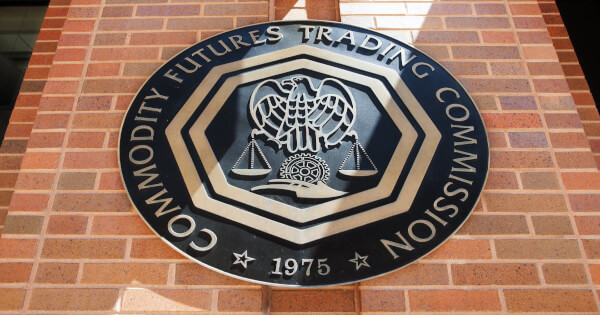
Source: blockchain.news
The cryptocurrency industry recently criticized a bill that was recently proposed in the Illinois Senate due to its “impracticable” intentions to force blockchain miners and validators to do “impossible things.” An example of this would be to undo transactions if ordered to do so by a state court.
The Senate bill was surreptitiously introduced to the Illinois Senate on February 9 by Illinois Senator Robert Peters. However, it doesn’t appear the community knew about it until February 19, when Florida-based attorney Drew Hinkes mentioned it in a tweet.
The bill, which would give courts the authority to alter or terminate a blockchain transaction that was conducted through the use of a smart contract, would be titled “Digital Property Protection and Law Enforcement Act” and would give the courts this authority in response to a valid request from the attorney general or state attorney that is made in accordance with Illinois law.
Any “blockchain network executing a blockchain transaction that originates from the State” would be subject to the law if it became law.
When it comes to blockchain technology and cryptocurrencies, Hinkes referred to the proposed legislation as “the most unworkable state law” he has ever seen.
“This is a shocking sea change for a state that previously supported innovation. Instead, he tweeted that the state had enacted “probably the most impractical cryptocurrency and blockchain-related state legislation I have ever seen.”
Under the provisions of the law, blockchain miners and validators may be subject to fines ranging from $5,000 to $10,000 for each day they disobey court instructions.
Hinkes said it would be “difficult” for miners and validators to comply with the measure suggested by Senator Peters, even though he acknowledged the need to pass legislation to increase consumer protection.
Hinkes was also surprised to learn that miners and validators working on a blockchain network that “has not adopted reasonably available processes” to comply with court orders would have “no defense” available.
The law also appears to dictate that “anyone who uses a smart contract to supply goods and services” must include code in the smart contract that can be used to comply with court orders. This code can be used to ensure that the terms of the smart contract are met.
“Anyone using a smart contract to supply goods or services in this state must incorporate smart contract code capable of implementing court orders that honor the smart contract,” is the full text of the law.
Other members of the bitcoin community have responded by mocking the move in a similar way to what was said above.
On February 19, cryptanalyst “foobar” commented to his 120,800 Twitter followers that court-ordered transactions should be changed “without having the private key” of the participants, which he found “hilarious.”
Read More at blockchain.news